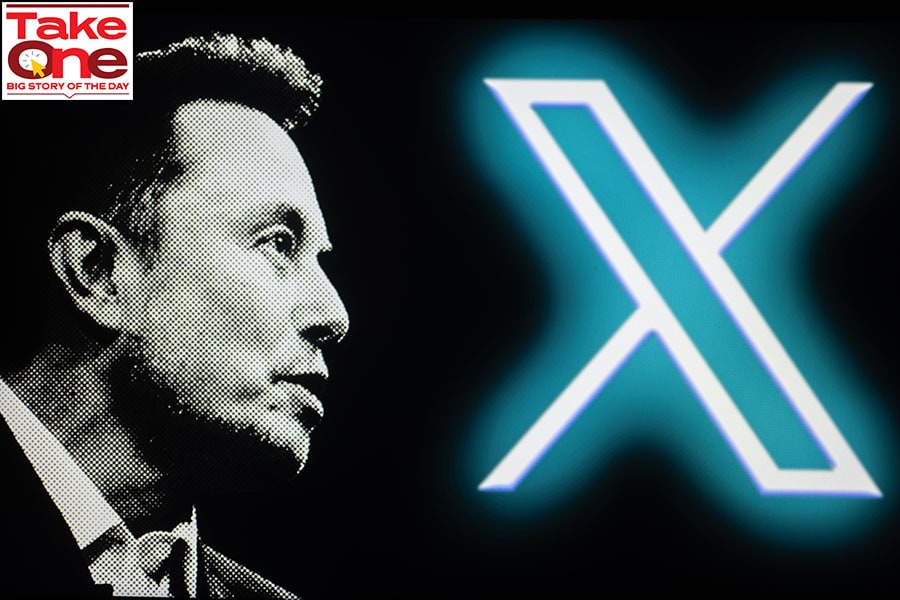
2023: Bye bye birdy, hello chatbots
Elon Musk's takeover of Twitter defined much of the year for social media, including the rushed launch of its microblogging competitor, Meta's Threads. At the other end of the spectrum, we began conversing with increasingly intelligent and fascinating chatbots, which will likely change the way we use social media forever
 Elon Musk's takeover of Twitter defined much of the year for social media
Image: Jonathan Raa/NurPhoto via Getty Images
Elon Musk's takeover of Twitter defined much of the year for social media
Image: Jonathan Raa/NurPhoto via Getty Images
In 2013 film Her, Joaquin Phoenix played a man who would fall in love with his digital assistant. Apple’s Siri had launched two years before that, and in 2014, we were introduced to Amazon’s Alexa and Microsoft’s Cortana. It wasn’t hard to imagine a future with devices to talk to.
As Alexa, Google and other assistants became more integrated into our lives, the tasks remained largely instructional. Then, in March 2023, seemingly out of nowhere, arrived OpenAI’s ChatGPT4. Here was a chatbot who was at once an assistant and a creator, a teacher and an artist. It could hold a conversation, change tones, understand and give context and, incredibly, use simple lines of text to generate photos and videos out of thin air. A highly dramatic saga featuring the firing and re-hiring of OpenAI founder Sam Altman followed in November, but that’s a story for another day.
While ChatGPT by itself is not a social network--the opposite perhaps—it lays the foundation of what social networking will look like in the coming years. For instance, in September, Meta released a suite of tools enabled with generative artificial intelligence (Gen AI) that would make anyone a creator. Still in Beta mode, it means that you can use text prompts to create your own stickers, edit images and interact with AI-enabled personalities with ‘unique interests and personalities’, some played by icons such as Snoop Dogg, Kendall Jenner and Naomi Osaka.








